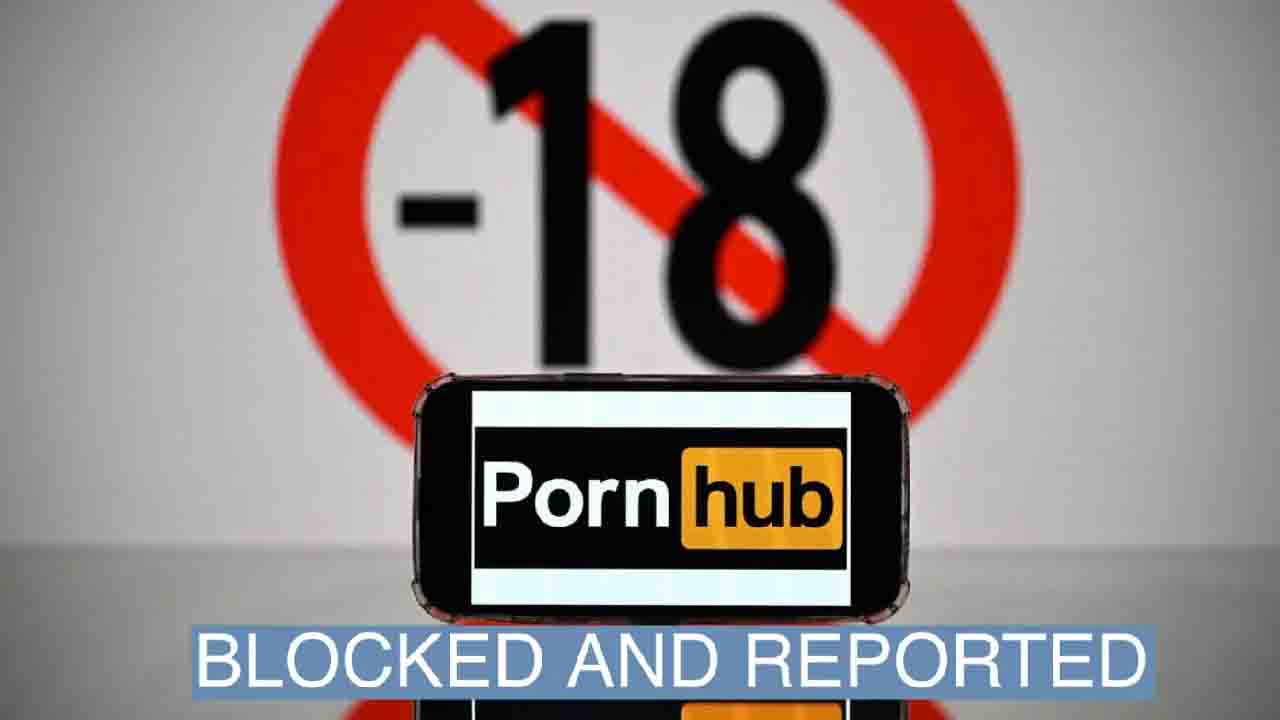To prevent youngsters from unintentionally being exposed to internet pornography, activists are seeking for stronger regulations on illicit sexual content online. More than 2000 people have signed the petition launched by the campaign, which calls for improvements.
Jo Robertson, a researcher on pornography, is urging for increased action to screen out unlawful material like child sex abuse.
Robertson, a sex therapist as well, claimed that New Zealand was lagging behind other nations restricting the access of porn sites by youngsters.
Australia is currently exerting significant pressure on internet service providers to develop safer platforms and is considering enacting sanctions if such companies fail to live up to expectations. Other nations are attempting to discuss age verification and screening.
The actions taken by New Zealand are inferior versions.
Robertson favored installing default safe search settings on modems for all new clients, with the option to turn them off afterwards.
The moms said that their children would have been spared a great deal of suffering if filters on unlawful sexual content had been made required safe search settings on modems.
“I think it would have delayed how soon they would have been exposed to stuff like that, so I think it would have protected them and shielded them from a lot of that shame and depression and stuff that they went through,” said Michaela.
For internet service providers, the Department of Internal Affairs (DIA) established a voluntary Digital Child Exploitation Filtering System in 2009.
Deputy Director of digital safety for the DIA According to John-Paul Michael, more than 90% of New Zealand’s ISPs participated in the scheme.
The three major telecommunications providers, Spark, One NZ, and 2Degrees, were among them.
The department has the right to request that any content that was considered undesirable or illegal under New Zealand law be removed from other websites that were not filtered.
The difficulty we face in contacting some of those websites is that many of them are headquartered outside of New Zealand and are not subject to our laws, according to Michael.
He explained that this implied that they can decline to abide by a takedown notice issued by the department. Then, it makes it tough to genuinely tackle the problem going ahead.
Spark stated in a statement that it backed efforts by the government to obstruct content containing child sex abuse.
“We understand the need to shield kids from severe and violent porn. However, we have consistently argued that it is inappropriate for specific ISPs to decide what content should be restricted in our society.
“The government must decide these policy matters after consulting the citizens of New Zealand. The government chooses what content is restricted under the DCEFS, and ISPs implement the filter.
Despite the fact that Spark modems lack a button for a safe search option, the firm said it gives all of its broadband customers free access to Net Shield, which enables consumers to block porn, illegal, abusive, and graphic content online.
Barbara Edmonds, the minister of internal affairs, stated in a statement that the government was reviewing its regulatory procedures platforms on the internet and other media.
She admitted that in order to protect children and young people online, the government needs to raise the standard for safety.











